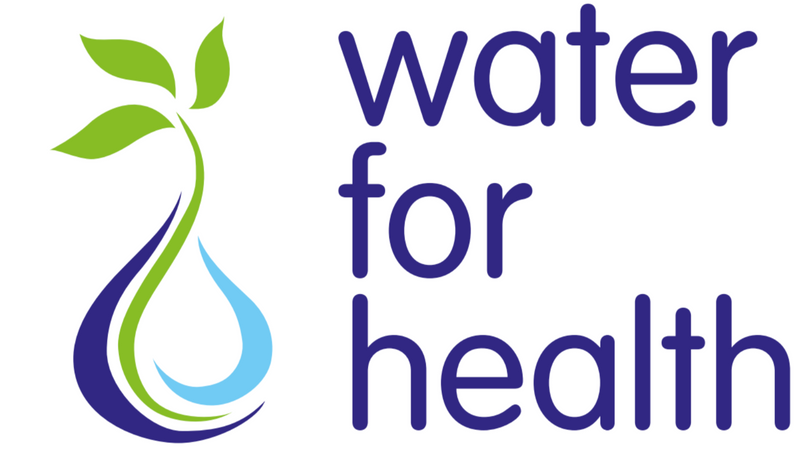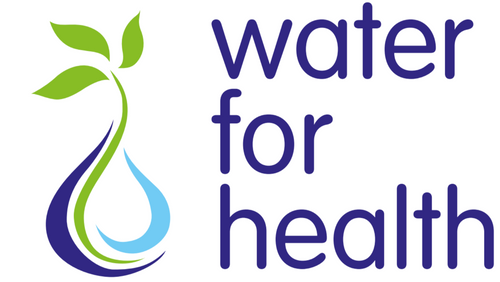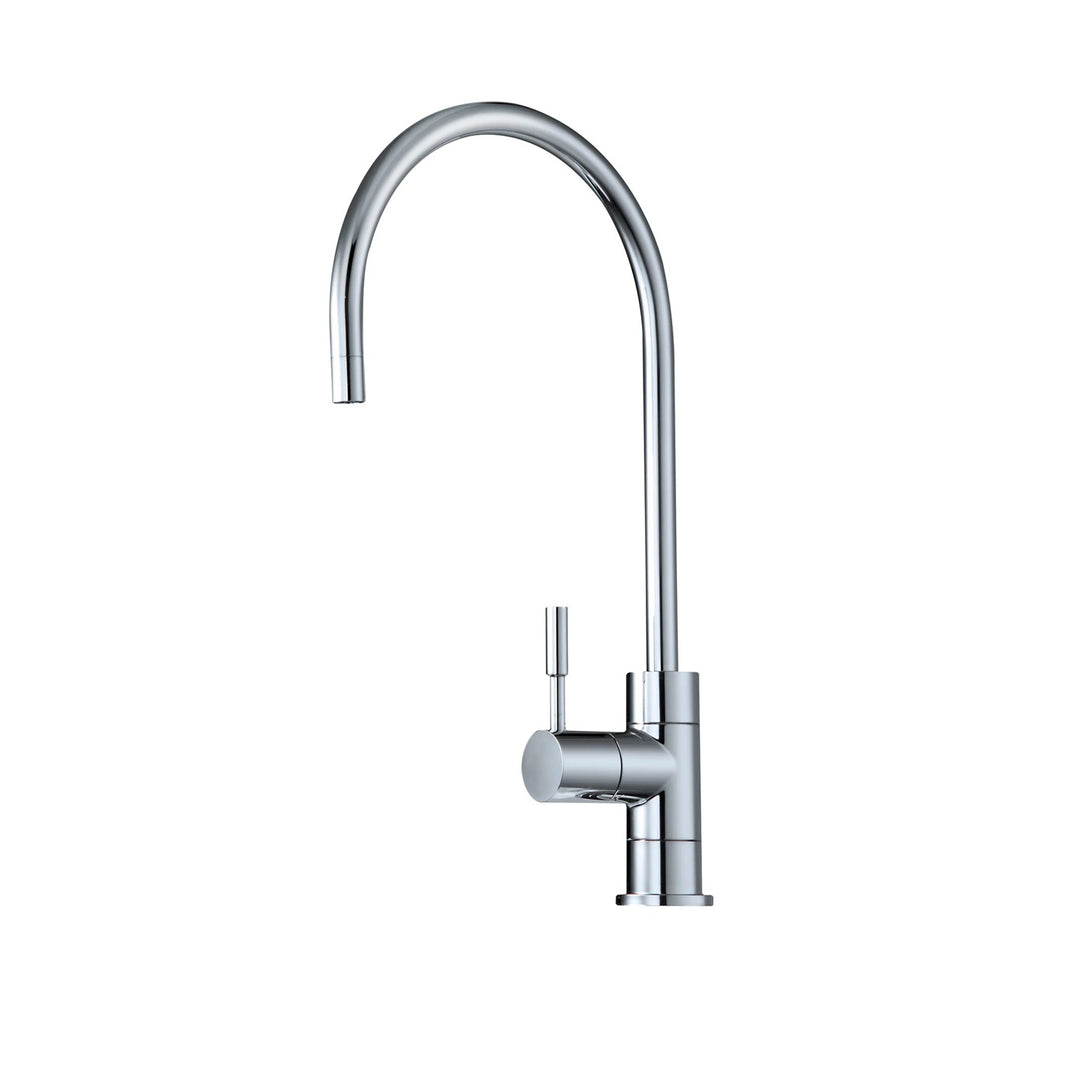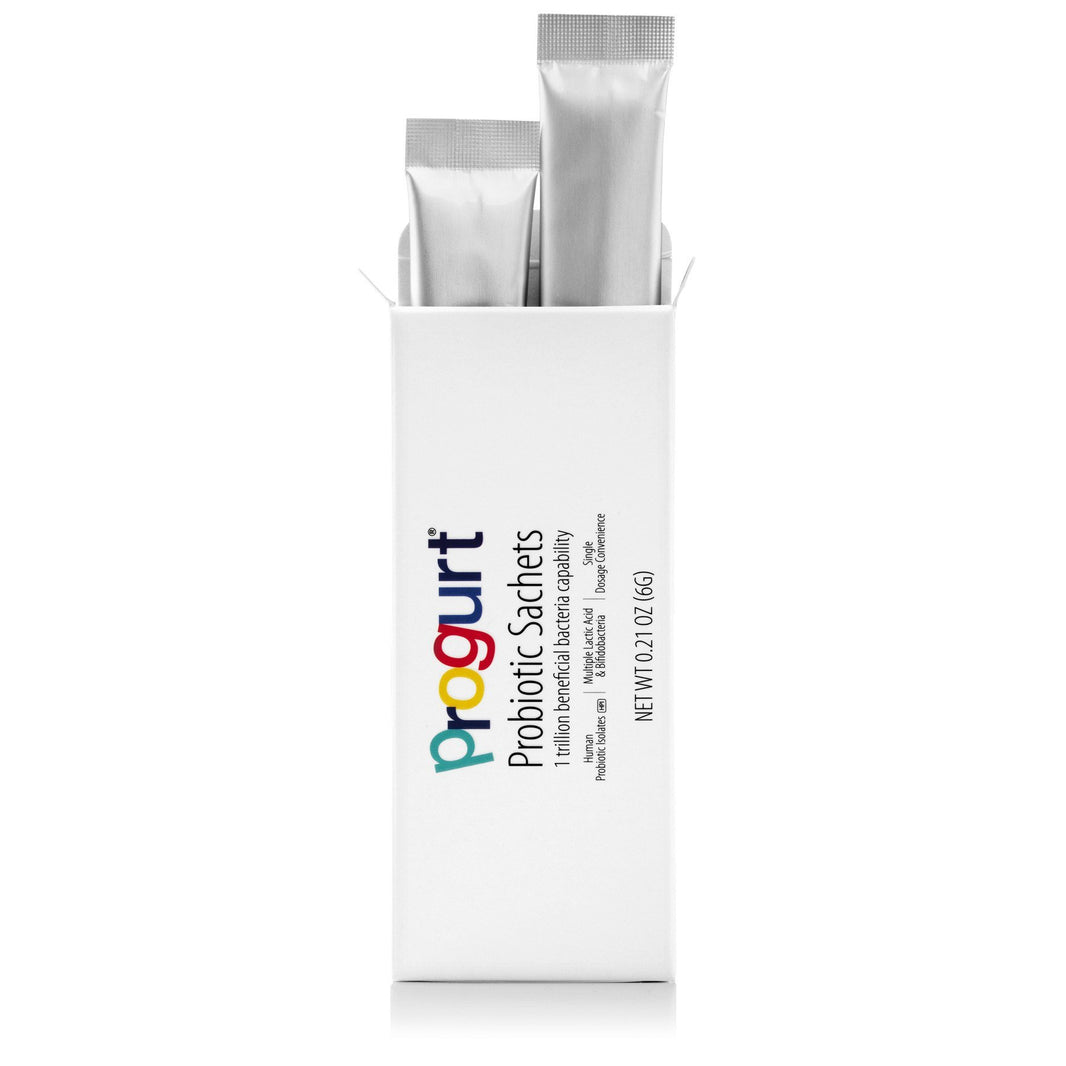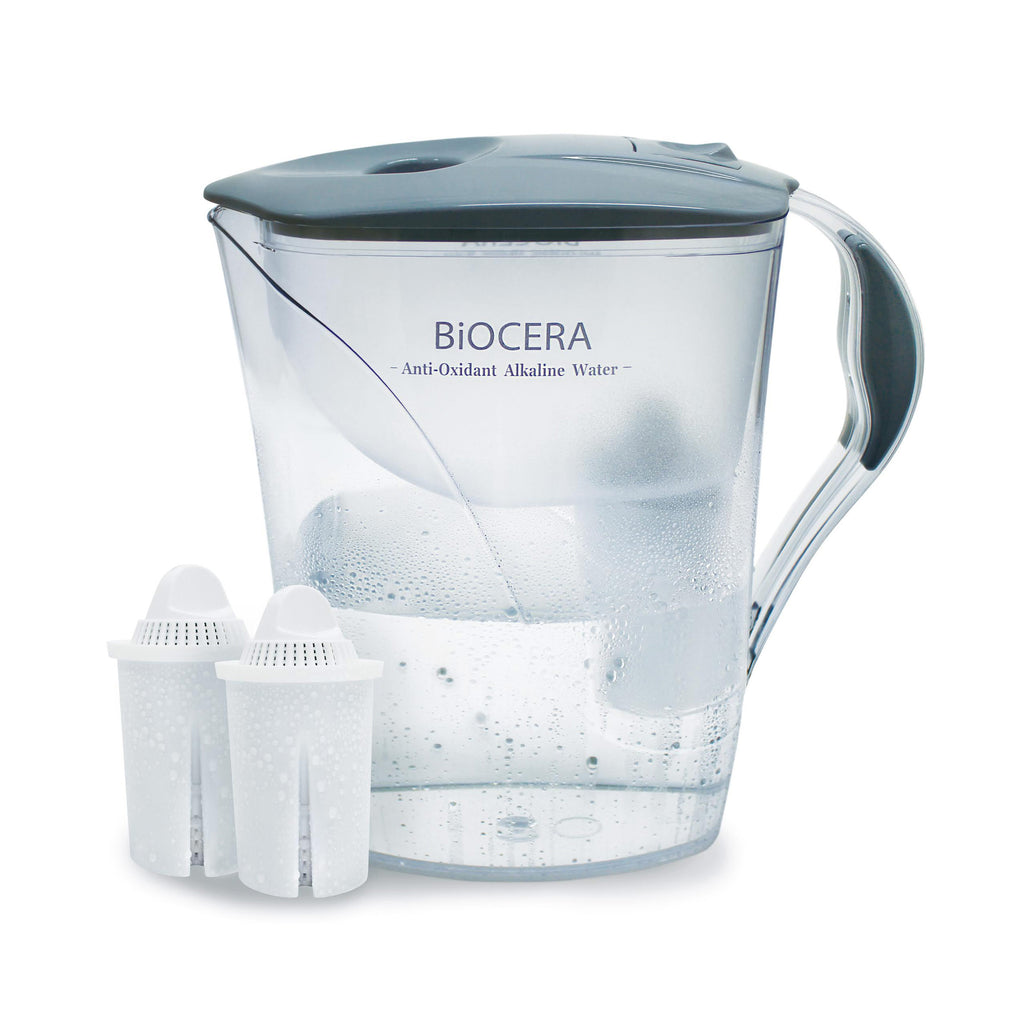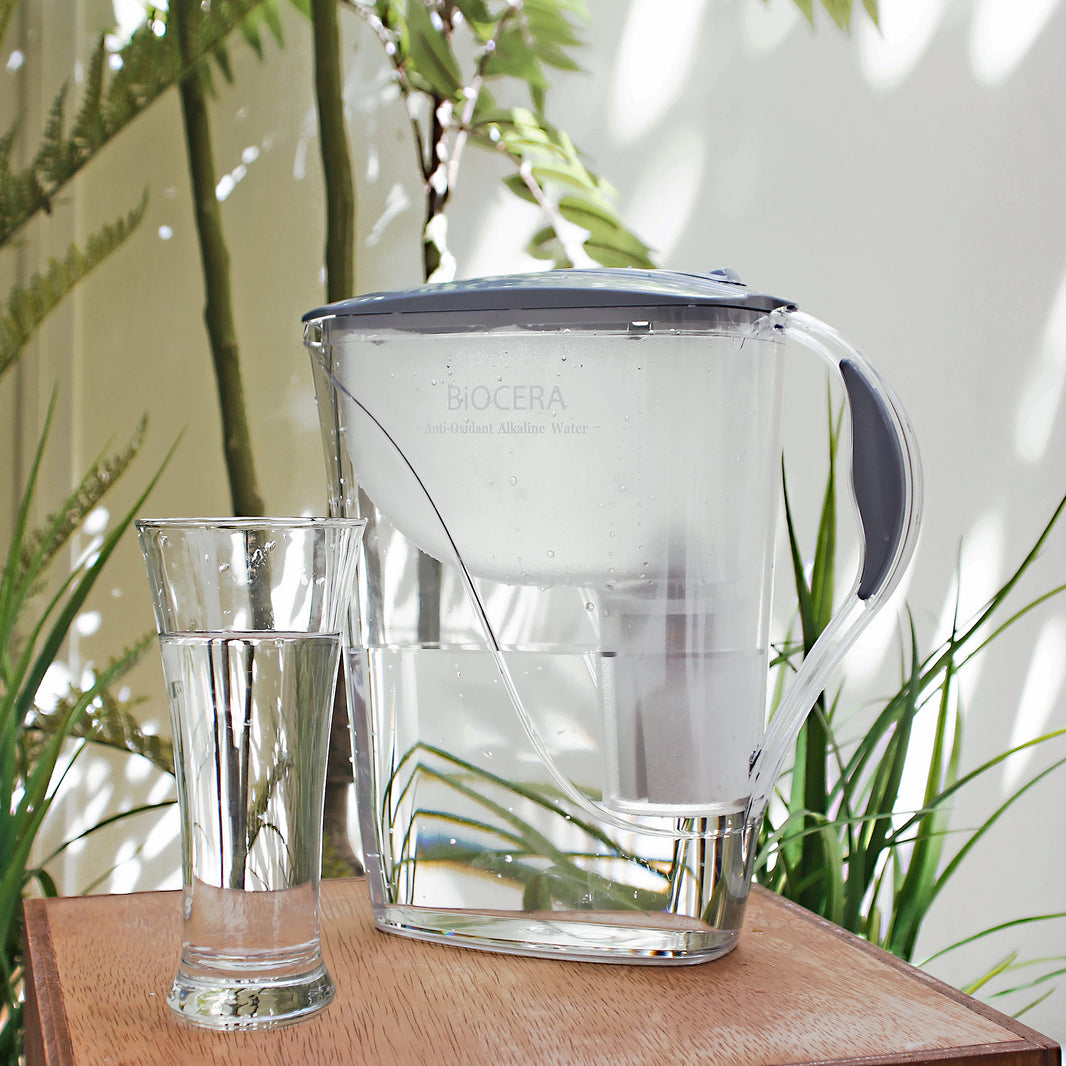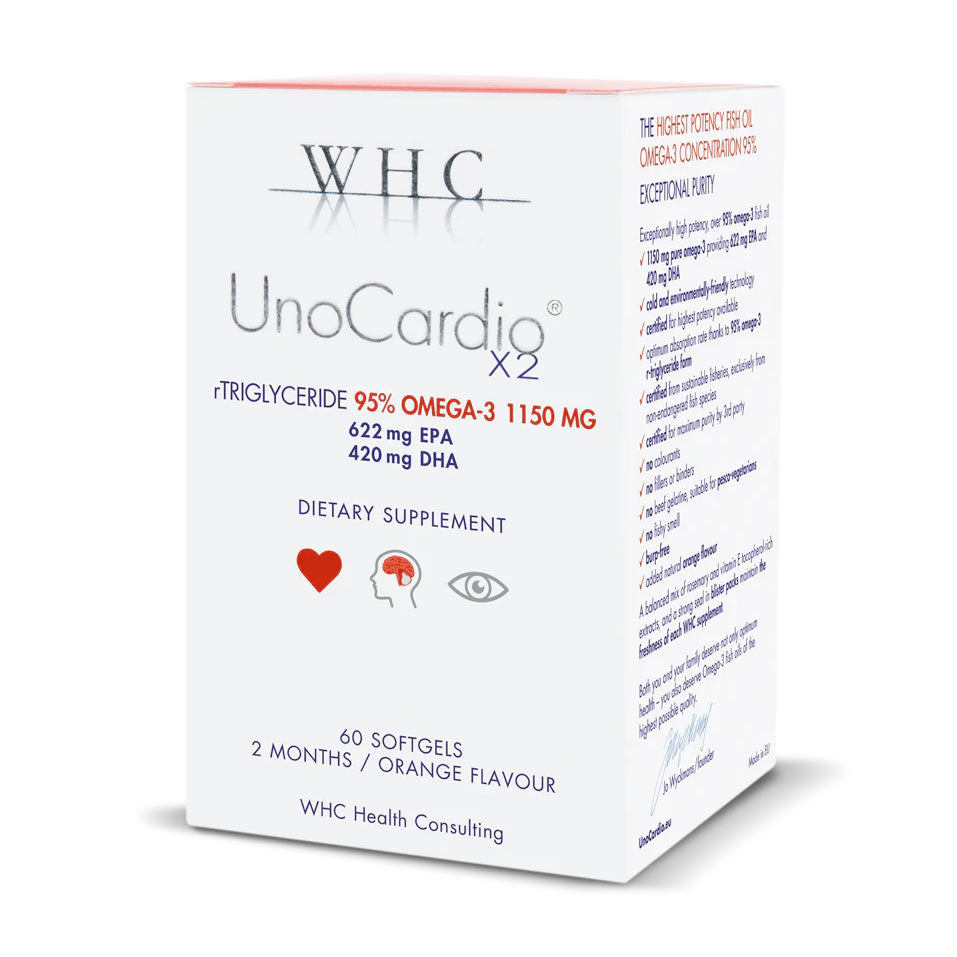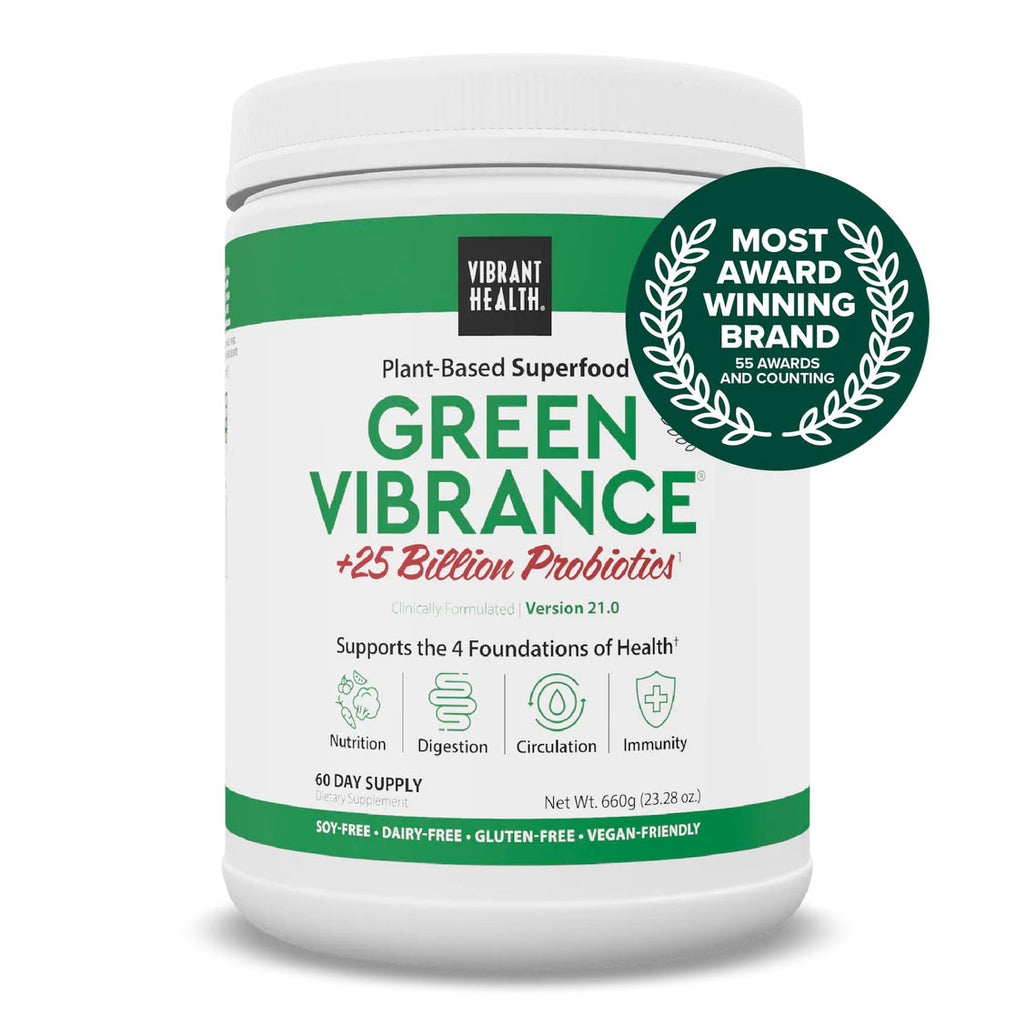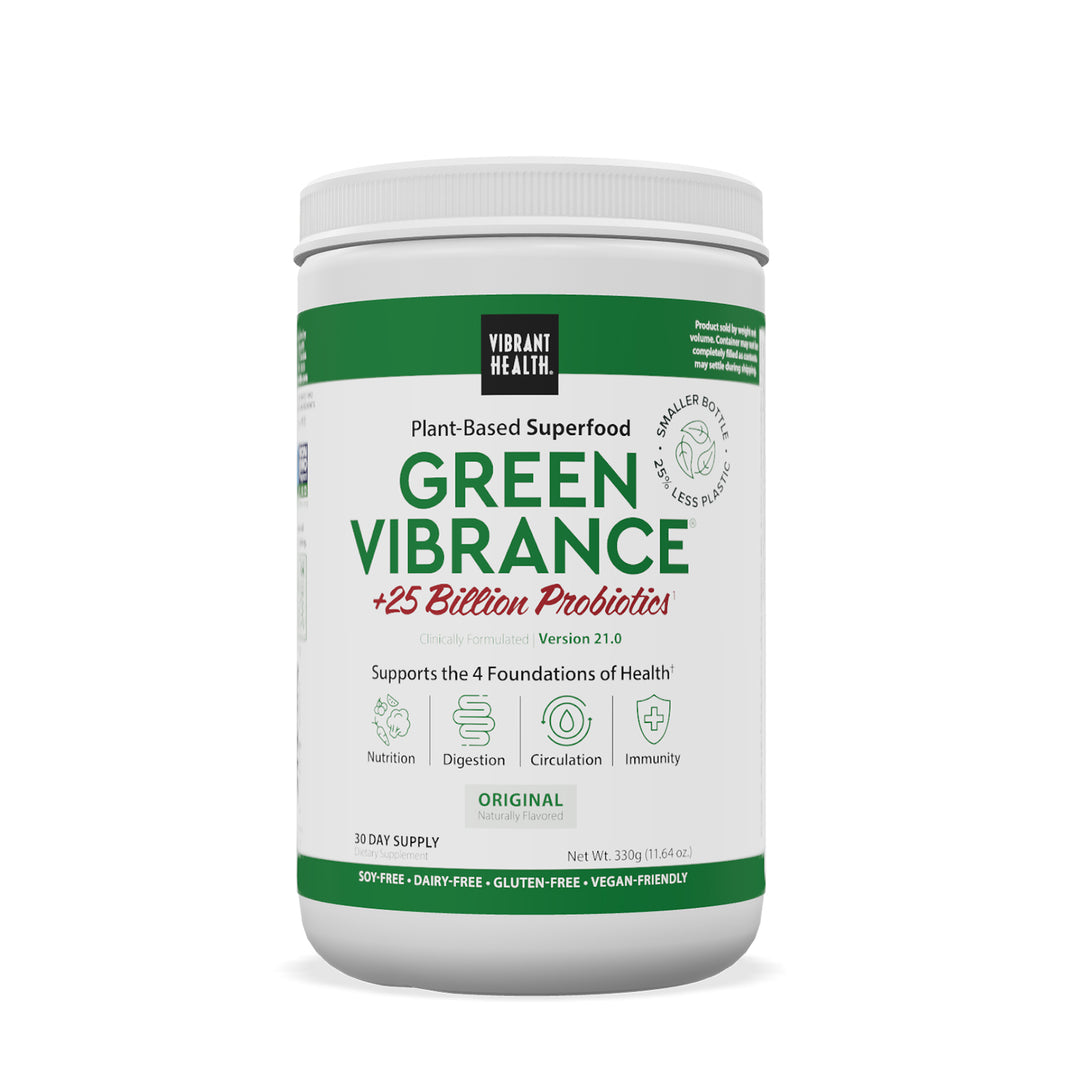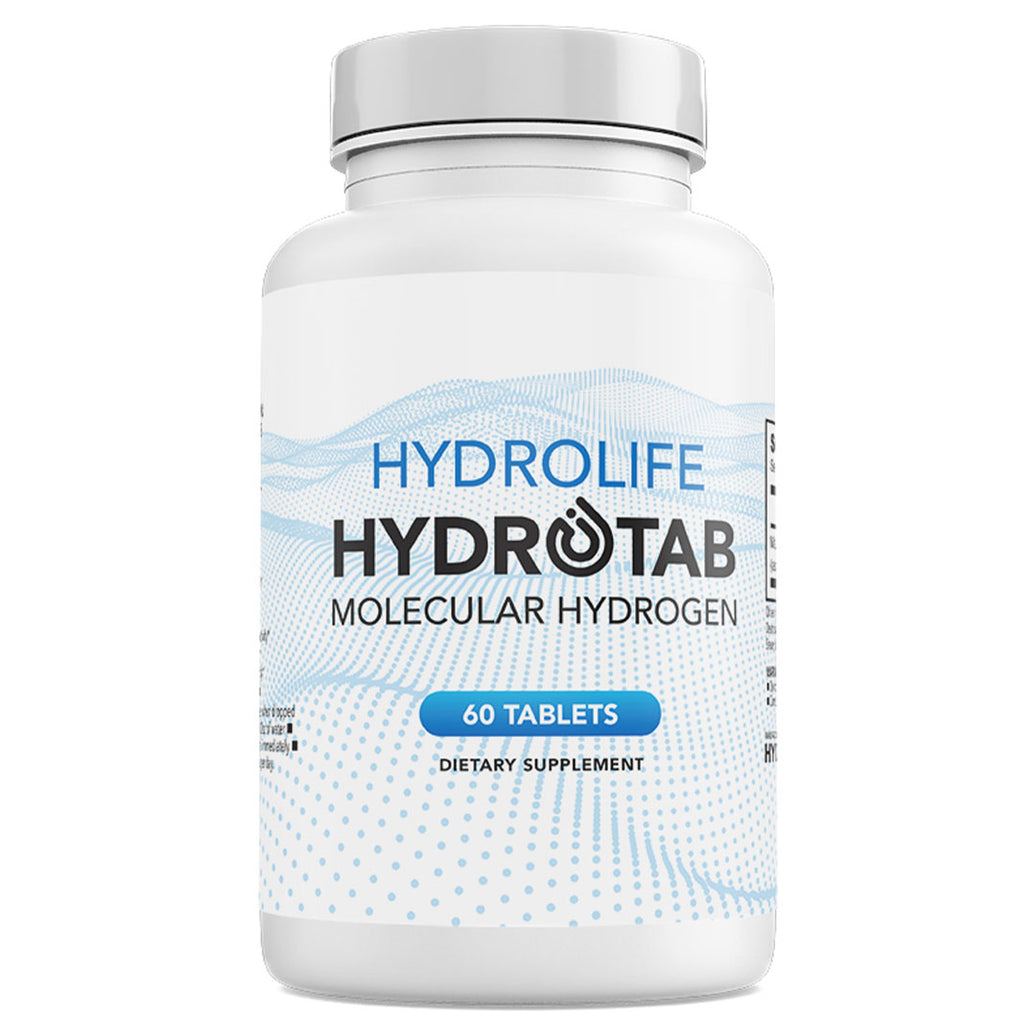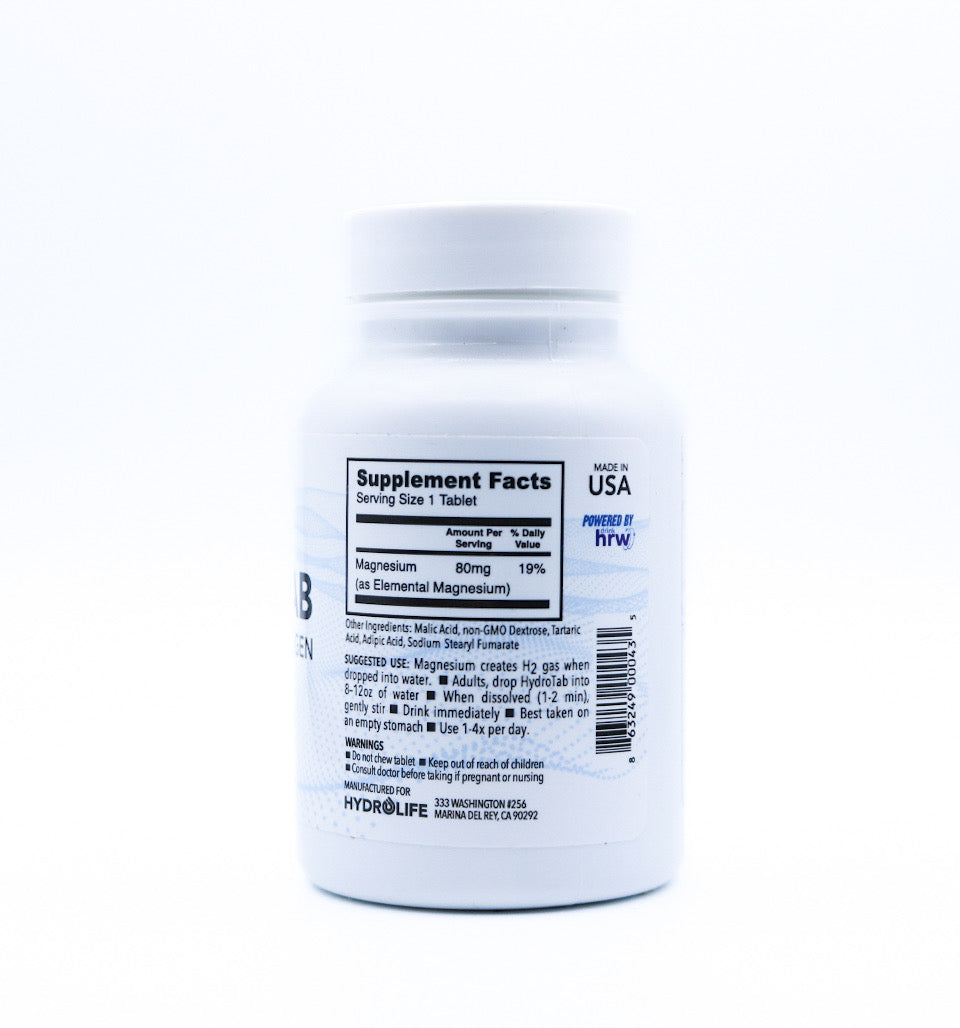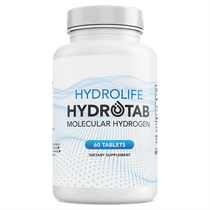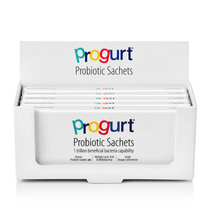When we think about swimming pools, we know chlorine can dry out our hair and irritate our skin. Fish owners are also aware that tap water must be treated before use because chloramine (a form of chlorine) is toxic to aquatic life. Yet many of us don’t connect the dots when it comes to shower water in our own homes.
Government standards ensure that tap water is free from dangerous microorganisms, but chemicals like chlorine, fluoride, and by-products of disinfection remain. These can have unwanted effects on skin, hair, and even the air we breathe while showering.
From dermatitis and itchy scalps to rashes and dry hair, the water for shower in your home may not be as harmless as it looks. The good news is there are steps you can take to make showering water cleaner, softer, and safer.
In this article, we’ll explore the chemicals that are found in tap water, if you can drink shower water, and five steps that you can take to make your water purer.
What Chemicals are in UK Tap Water?

Studies have identified over 300 man-made chemicals in UK tap water. These come from farm pesticides, factory emissions, medications, cleaning products, and airborne contaminants that rain collects on its way into rivers and reservoirs.
On top of this, treatment plants add:
Liquified chlorine
Fluorosilicic acid
Aluminium sulphate
Calcium hydroxide
Sodium silicofluoride
All of these may eventually reach your shower. This is why many people now ask: is shower water safe to drink, or even safe for everyday bathing?
Chlorine in UK Tap Water
Chlorine is added to all UK mains water, usually around 0.5mg/l. While the World Health Organisation (WHO) sets a maximum safe limit of 5mg/l, sensitive individuals can still experience irritation. If you live close to a treatment plant, you may have higher chlorine levels than someone further down the pipeline.
Related: What You Need to Know About Chlorine and Heavy Metals in Your Tap Water
Fluoride in UK Tap Water
Only about 10% of UK water supplies have added fluoride today, but the practice remains controversial. While initially intended to prevent tooth decay, many European countries have banned fluoridation entirely. Both chlorine and fluoride are toxic in high doses, raising valid concerns about their presence in shower water.
Where Does Shower Water Come From?

Hot water for shower use is often stored in tanks, especially in older homes. Water left sitting in pipes or storage tanks may pick up metals like lead or bacteria, especially if not run through regularly. For the cleanest shower with water, it’s better to use mains cold water heated by an electric shower.
Is shower water safe to drink?
Technically, mains water is treated to be drinkable, but that doesn’t mean shower water is always safe enough to consume. Once water travels through tanks or long lengths of pipework, contamination risks rise. If you want shower water pure enough to drink, you’ll need to filter it first.
This is why many people now ask how to filter shower water. The answer is simple: use a shower head filter or a whole house system that treats every drop before it reaches your bathroom.
5 Steps to Purify Shower Water
If you want your showering water to be as clean as possible, here are five practical steps:
Invest in a high-quality shower filter – the easiest way to remove chlorine and contaminants.
Use an electric shower – for mains-fed water that hasn’t sat in storage.
Stick to cold mains water – safer than using stored hot water.
Avoid standing water – don’t shower with water left in loft tanks.
Run your shower for a minute – this flushes out water that has been sitting in pipes.
With these adjustments, you can reduce the impact of chlorine, fluoride, and other by-products while enjoying softer skin and healthier hair. Knowing how to filter shower water helps make your daily routine cleaner and safer.
Conclusion
So, is shower water safe to drink? Not always, especially if it has been stored, picked up metals, or contains high levels of chlorine. But by taking small steps such as using filters and sticking to mains-fed supplies, you can enjoy purer shower water every day.
Remember, your skin is your body’s largest organ. Just as you filter your drinking water, it makes sense to treat the water for shower use in your home with the same care.
